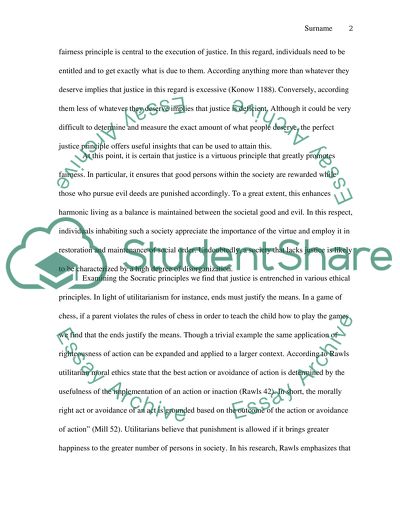Cite this document
(“Justice with Mercy Essay Example | Topics and Well Written Essays - 1750 words”, n.d.)
Retrieved from https://studentshare.org/philosophy/1448603-justice-with-vs-mercy
Retrieved from https://studentshare.org/philosophy/1448603-justice-with-vs-mercy
(Justice With Mercy Essay Example | Topics and Well Written Essays - 1750 Words)
https://studentshare.org/philosophy/1448603-justice-with-vs-mercy.
https://studentshare.org/philosophy/1448603-justice-with-vs-mercy.
“Justice With Mercy Essay Example | Topics and Well Written Essays - 1750 Words”, n.d. https://studentshare.org/philosophy/1448603-justice-with-vs-mercy.


